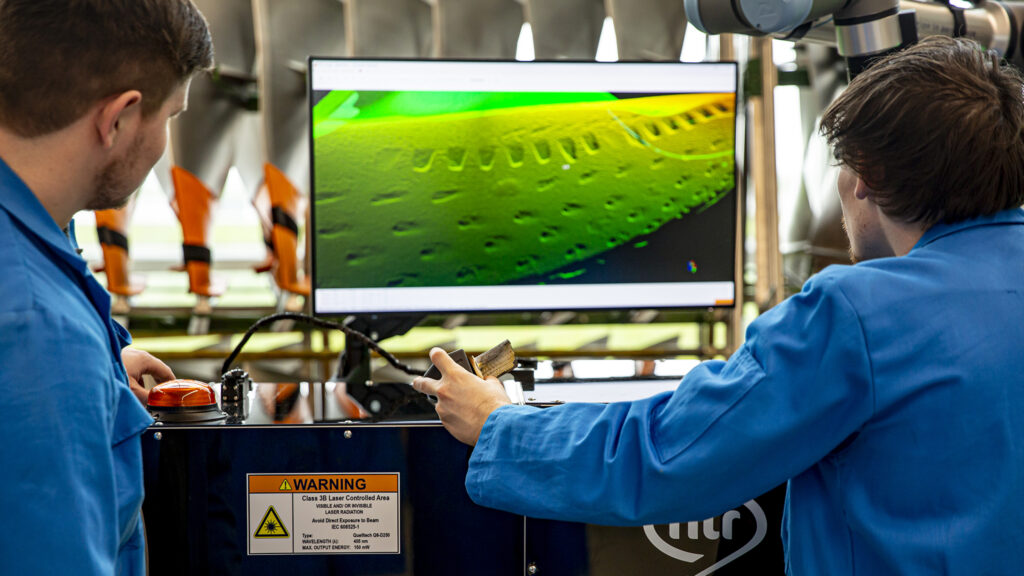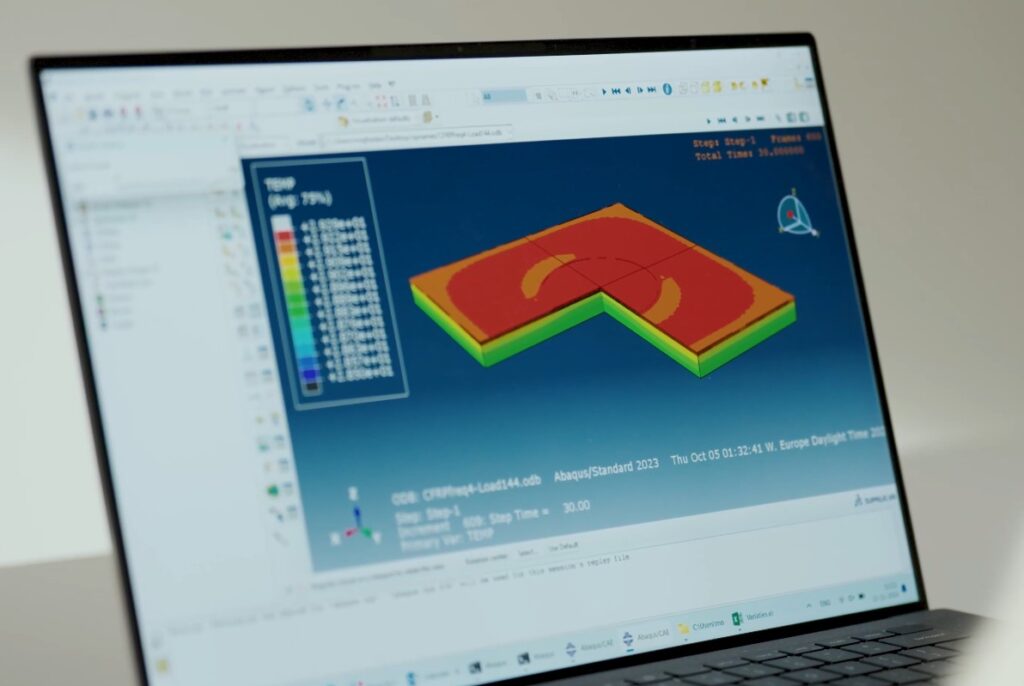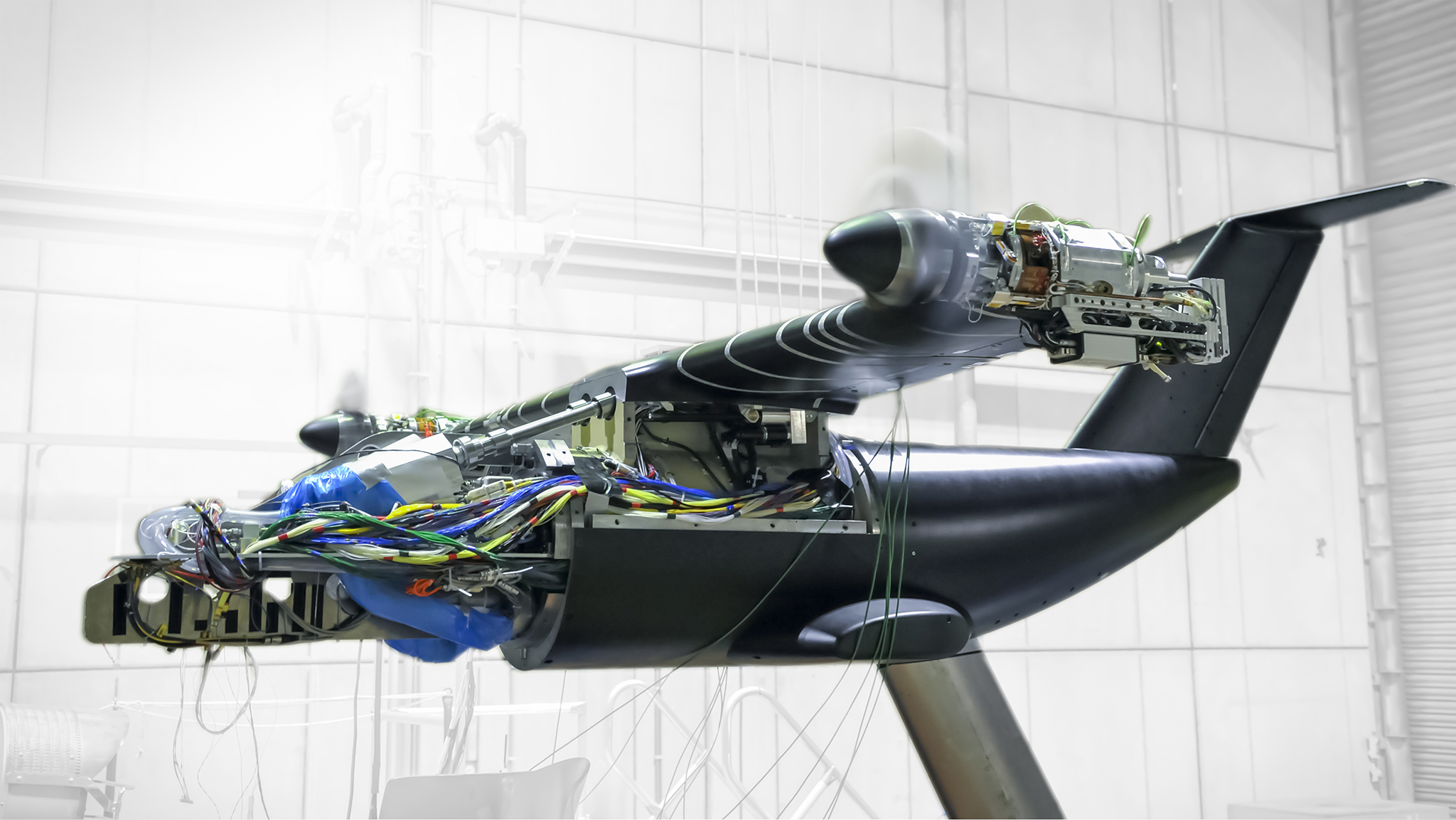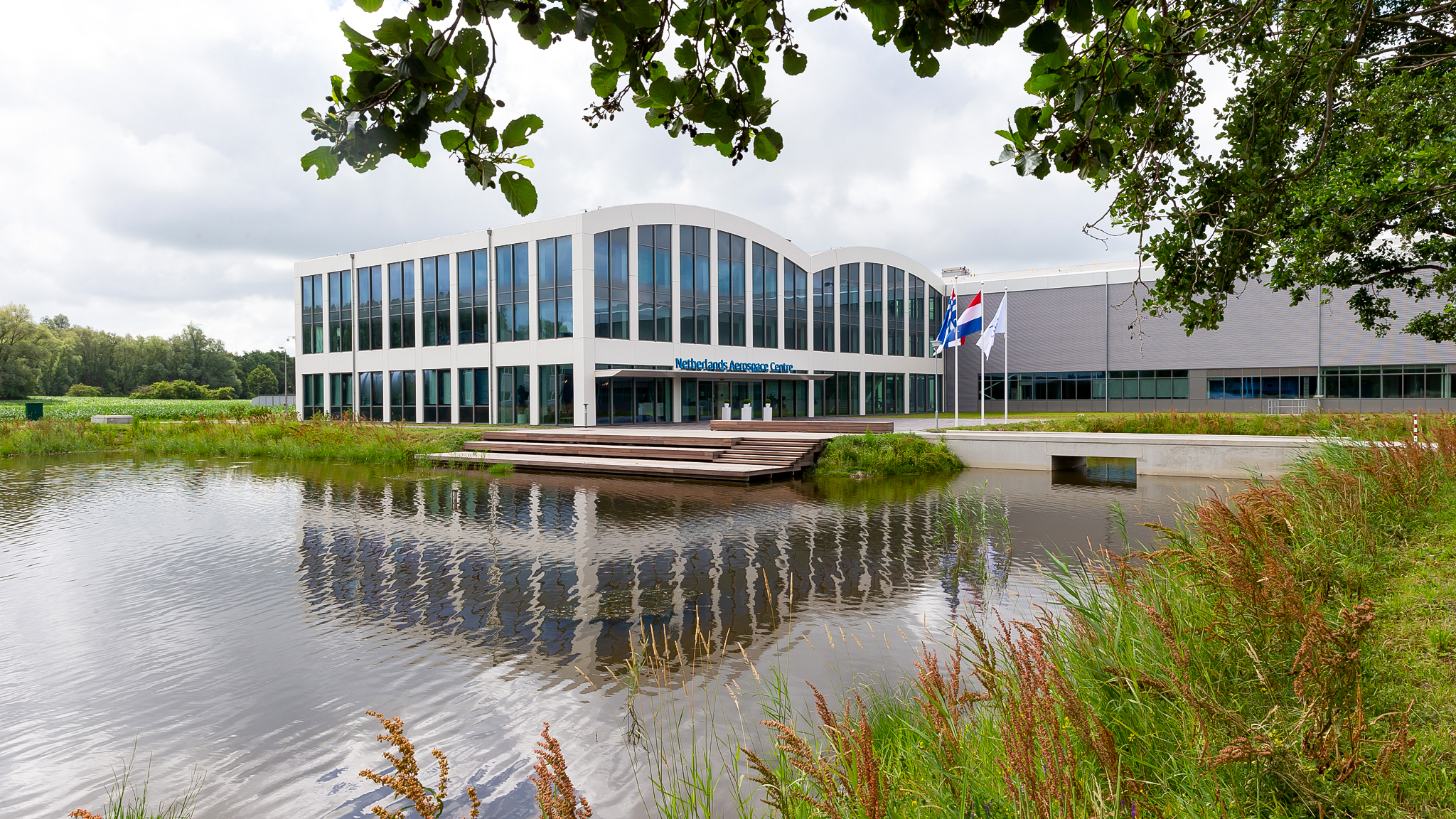
Area of expertise
Data Science and Engineering
The world is rapidly automating and digitalising, and it’s essential for the Dutch Defense and industry to keep pace with this development to remain competitive and effective. Within the broad field of Data Science & Engineering, we focus on data analysis, including artificial intelligence (AI). Our goal is to build digital knowledge over the coming period that will be essential for Defense and industry to effectively perform their tasks in the near future.
Outline of the research
Artificial Intelligence
In today’s world, we are faced with an unprecedented amount of information, much of which is unstructured or difficult to interpret. To make these data streams manageable, assistance is required, and Artificial Intelligence (AI) provides a solution. With modern AI techniques, we can analyze and interpret vast amounts of data that would be impossible for humans to process. By combining AI with traditional Data Science methods, we can convert incoming data into valuable information. Our focus lies in three key areas: Decision Support, Autonomous Systems, and Explainable AI. We aim to develop AI routines that are not only effective but also transparent and accountable. By applying Explainable AI, we can ensure that our AI routines can be deployed in critical systems, providing us with the confidence to rely on them for decision-making purposes. By combining our expertise in these areas, we can develop autonomous systems that react faster and more accurately than humans, enabling us to optimize our processes and improve our decision-making capabilities.
Information engineering
Information Engineering focuses on generating, disseminating, analysing, and utilising data and information. Key disciplines such as machine learning, artificial intelligence, control theory, signal processing, and information theory play a crucial role in this field. The outcomes of Information Engineering are used to make reliable predictions, conduct in-depth analyses, and provide decision-making support.
Some of our projects
Application of AI in manufacturing and MRO industry
Research is being conducted to determine which AI techniques are effective for the manufacturing and MRO industry. Training an AI is a challenge when dealing with low production or repair volumes. An investigation has been carried out to explore how existing AI models can be utilized for structural analyses, which is a collaborative effort between AI experts and FEA (Finite Element Analysis) experts within NLR. The knowledge gained primarily focuses on the processes and properties required to establish such a system. A prototype has also been developed with the intention of running FEM (Finite Element Method) calculations overnight, where the input parameter values are determined by an AI each time. This aims to accelerate the optimisation process, allowing FEA experts to concentrate on analyses during the day.

Closed-loop digital pipeline for manufacturing of large components
The project aimed to manufacture large components using integrated automation methodologies and holistic data management. This involved utilising various tools to achieve the required precision and customer orientation. A key aspect of production was non-destructive inspection of components. The first research question was how to efficiently automate the construction and assembly of large fiber-reinforced composite structural components for aircraft, leveraging developments from other sectors. The second research question was how to automatically process inspection results from tools into useful information about product quality.
The project demonstrated developments from previous years on the aerospace pilot line, including the combined use of multiple non-destructive inspection methods, simulation methods for training data, and AI models for automatic processing of inspection results. Additionally, work was done on disseminating the obtained results.



